Our expertise: fire safety research
The applied research scientists in the Fire Safety team, work with industry partners to research, develop and implement practical solutions to a range of fire safety challenges. Working collaboratively or privately on current and future fire safety issues (e.g. relating to Net Zero) we deliver results that are impactful to society.
For more information about our expertise in fire safety research
Call us on 0370 218 6970 if you would like to know more about our expertise or need help with a specific issue – or email enquiries@bregroup.com.
OverviewHow we work on fire safety research and the impacts of our work. Collaborative partnershipsWith the necessary financial and in-kind contributions agreed at the outset, the team collaborates with stakeholder groups on projects – that often attract funding support from the BRE Trust – proposed by the industry or initiated by BRE. The combination of our independent, technical expertise and industry involvement, gives this work the added credibility that promotes wider acceptance and support Leading facilities and expertiseThe Fire Safety team conducts research in BRE’s outstanding UKAS accredited laboratories (also at client facilities when required) and can consult colleagues, that are world-leading experts, in all areas of the built environment. Widely presented findingsThe findings from the work are regularly presented to stakeholder group members for input and agreement throughout the programme, at the end of which they receive a comprehensive technical report on the findings and proposed next steps. Additionally, we produce summary articles of research work for online trade press such as International Fire Protection. Key impactsThe impacts of the research completed by the Fire Safety team and industry partners so far include:
How collaborative partnerships workCollaborating with partners is vital when conducting research and developing and implementing practical solutions to fire safety issues. For more on collaborative research at BRE, see our infographic or download it as a PDF . |
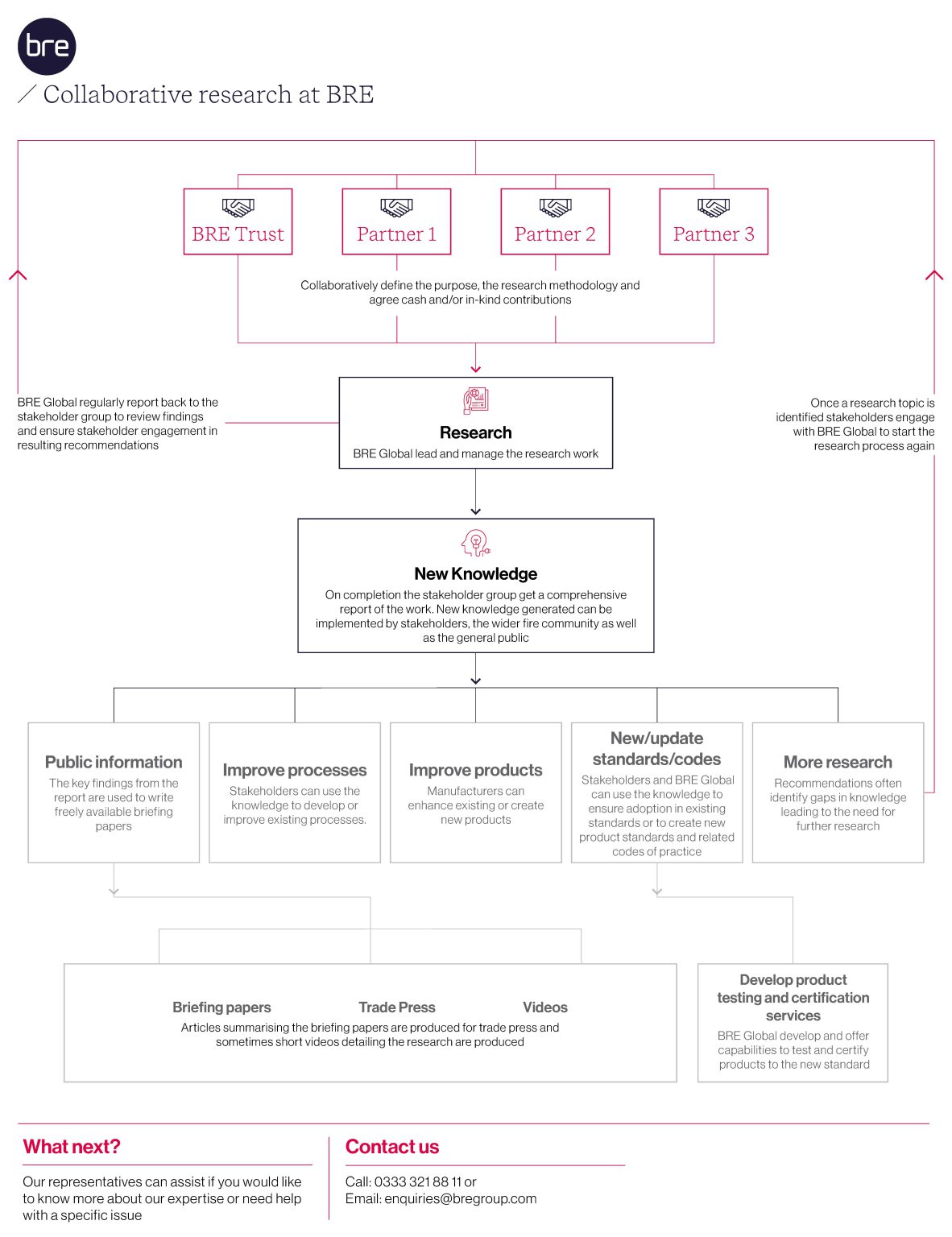
Current projects
Loss Prevention Standard for Video Flame Detectors: Following on from previous work, five detector manufacturers together with the Fire Industry Association commissioned BRE Global to develop a Loss Prevention Standard to test and assess the performance of Video Flame Detectors. As well as writing a comprehensive robust standard, the group have funded the necessary research to develop required performance tests. This will ensure that when Video Flame Detectors are certified to the standard, they will be fit for purpose in the service environment responding in the event of a fire and not to commonly known false alarm phenomena. The Loss Prevention Standard LPS1976 for Video Flame Detectors and Video Flame Detection Systems was published in May 2024.
Contamination of Heat Alarms: Most fires start in domestic kitchens and heat alarms are vital to provide an early warning to occupants. Heat alarms in the kitchen are subjected to environmental factors that may influence their alarm response during a fire. A number of used heat alarms obtained from kitchens of different ages, types and with varying levels of contamination are being measured and the resulting data is being analysed. The findings from this work may be used to support replacement periods of heat alarms in the future or may result in an update to the heat alarm standard BS 5446-2. If you are in a position to provide used heat alarms, please contact BRE as these could be included in the study.
Developing Unwanted Alarm Tests: Nine detector manufacturers, one fire detection consultant and the Fire Industry Association have commissioned BRE Global to develop five tests that will support a Loss Prevention Standard to assess the resistance of smoke and multi-sensor detectors/alarms to common unwanted (false) alarms. The five tests were initially developed during the collaborative research work investigating multi-sensor resistance to false alarms and the tests are now being developed to demonstrate greater repeatability for standardisation purposes. The group have already developed cooking and toast tests and are now working on dust, steam and aerosol tests.
Contamination of Heat Detectors: Five detector manufacturers, one fire detection consultant and the Fire Industry Association have commissioned BRE Global to investigate if the response of heat detectors in commercial premises may be affected by contamination. A number of used heat detectors alarms obtained from kitchens of different ages, types and with varying levels of contamination will be measured and the resulting data analysed. The findings from this work may be used to support replacement periods of heat detectors in the future or may result in an update to the heat detector standard EN 54-5. If you are in a position to provide used heat detectors, please contact BRE as these could be included in the study.
Private research work
We also perform research work or investigative consultancy for clients on a private basis, this often involves experimental work resulting in a technical report. As these are privately funded projects the client can choose whether or not they want BRE to publish and disseminate the findings, which we can by producing summary briefing papers, videos, articles for trade press or content online. We also use our network connections and social media to promote the findings from the work. Some examples of private work that we have performed include:
- Conducting a series of tests on Lithium-Ion batteries to investigate what causes them to go into thermal runaway,
- Performing trials in our fire test labs and then in a prison cell to investigate methods and technologies to improve detection times,
- Running a series of fire tests in multiple compartments of a building to determine if wireless signals were affected by smoke,
- Replicating test methods used in international product standards for checking performance of European approved products,
- Investigating whether clothing banks (when contents are ignited by arsonists) would get hot enough to ignite nearby combustible materials,
- Testing a number of different heat sources, present on a building site, to identify whether they could ignite different types of dust sheets.
Engaging in research
If you are interested in participating in the current projects above, or if you wish to be informed when they are published, then please let us know.
We are actively exploring new areas of research work relating to fire safety risks associated with the move towards Net Zero. This research can be funded directly by private clients, collaboratively by interested stakeholders or potentially through grants provided by Innovate UK.
If there are other areas of research in fire safety that you have been considering or are interested in pursuing, either collaboratively or privately, then please email enquiries@bregroup.com.
Past projects
Below are links to published briefing papers (and some videos) of collaborative and private research work that we have performed to date:
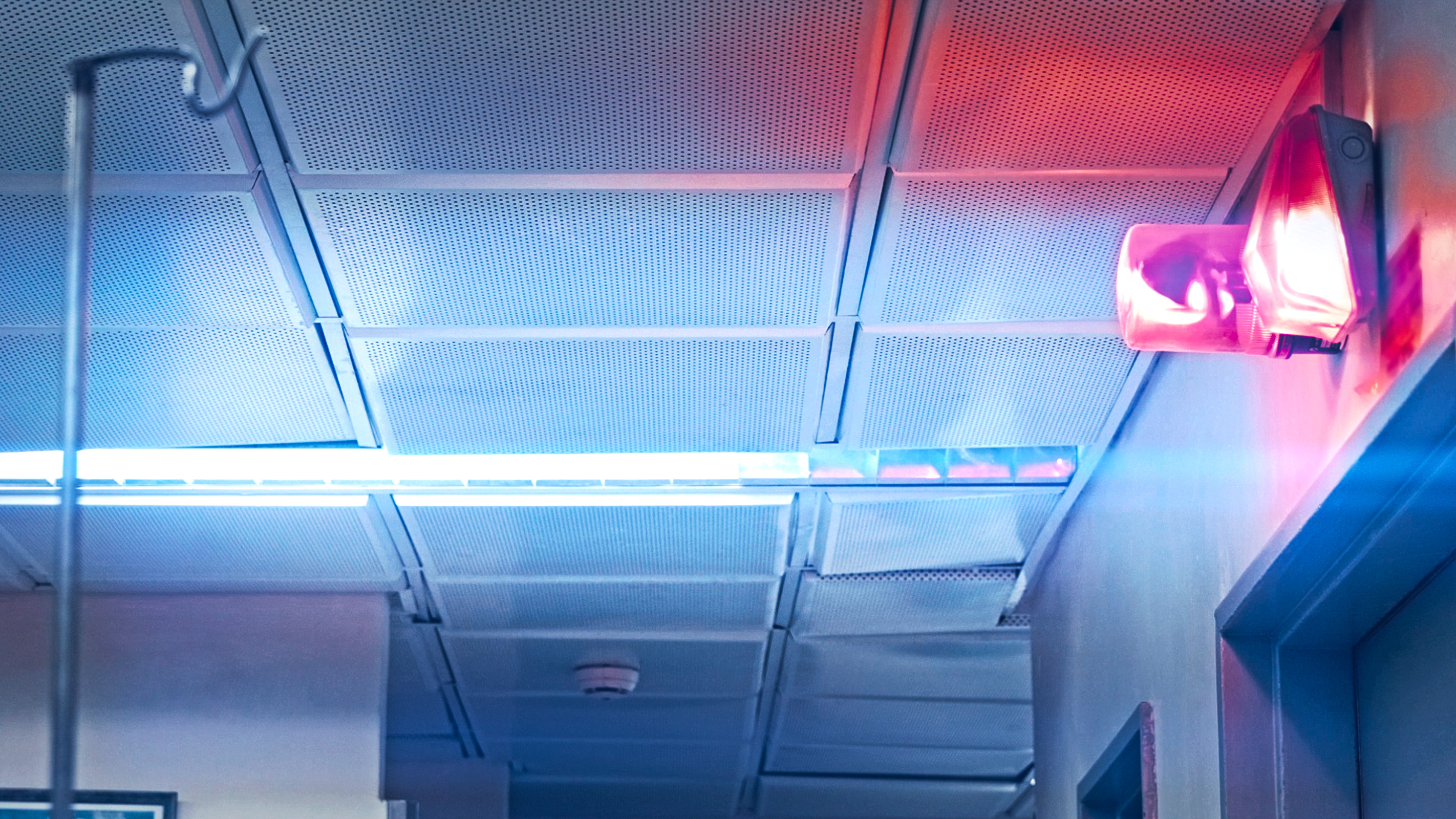
An investigation into factors that influence the effectiveness of Visual Alarm Devices
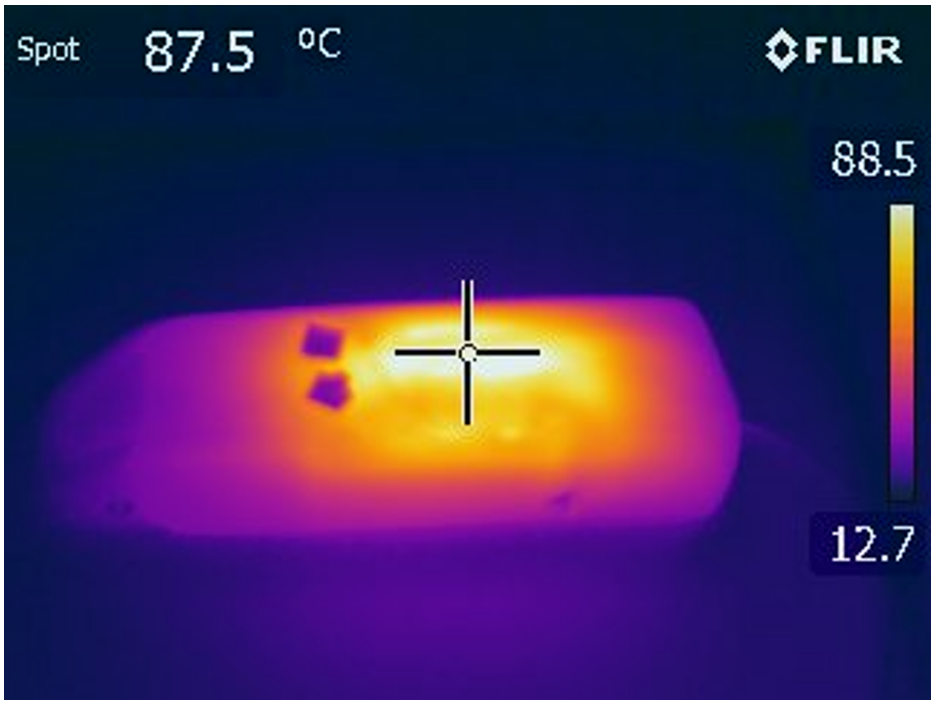
E-scooter and e-bike lithium-ion battery fires
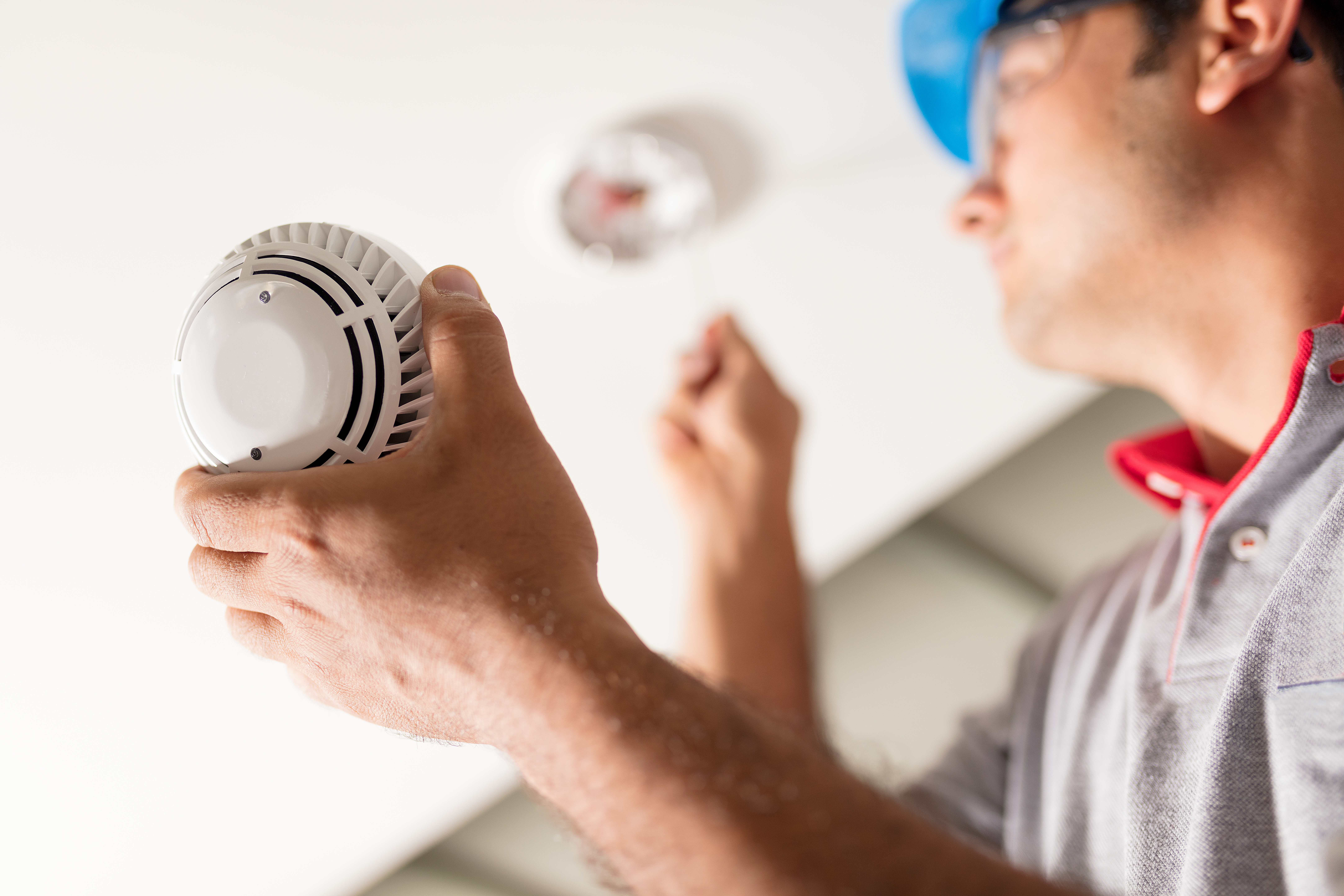
Determining the optimum replacement periods of optical smoke detectors and alarms
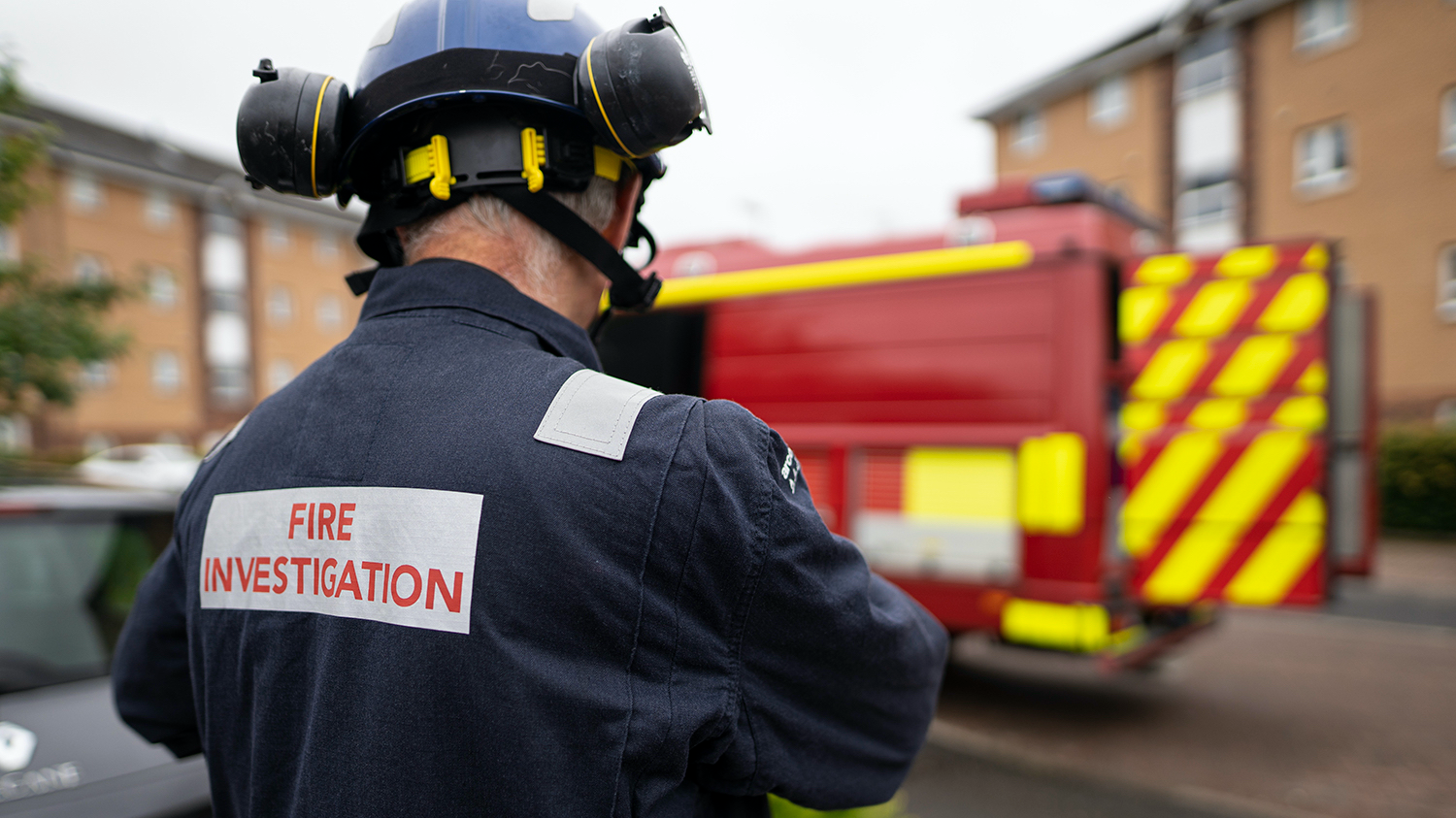
Fire fatalities in Scotland and recommendations to help reduce them – Final Phase: Review of Fire Investigation reports
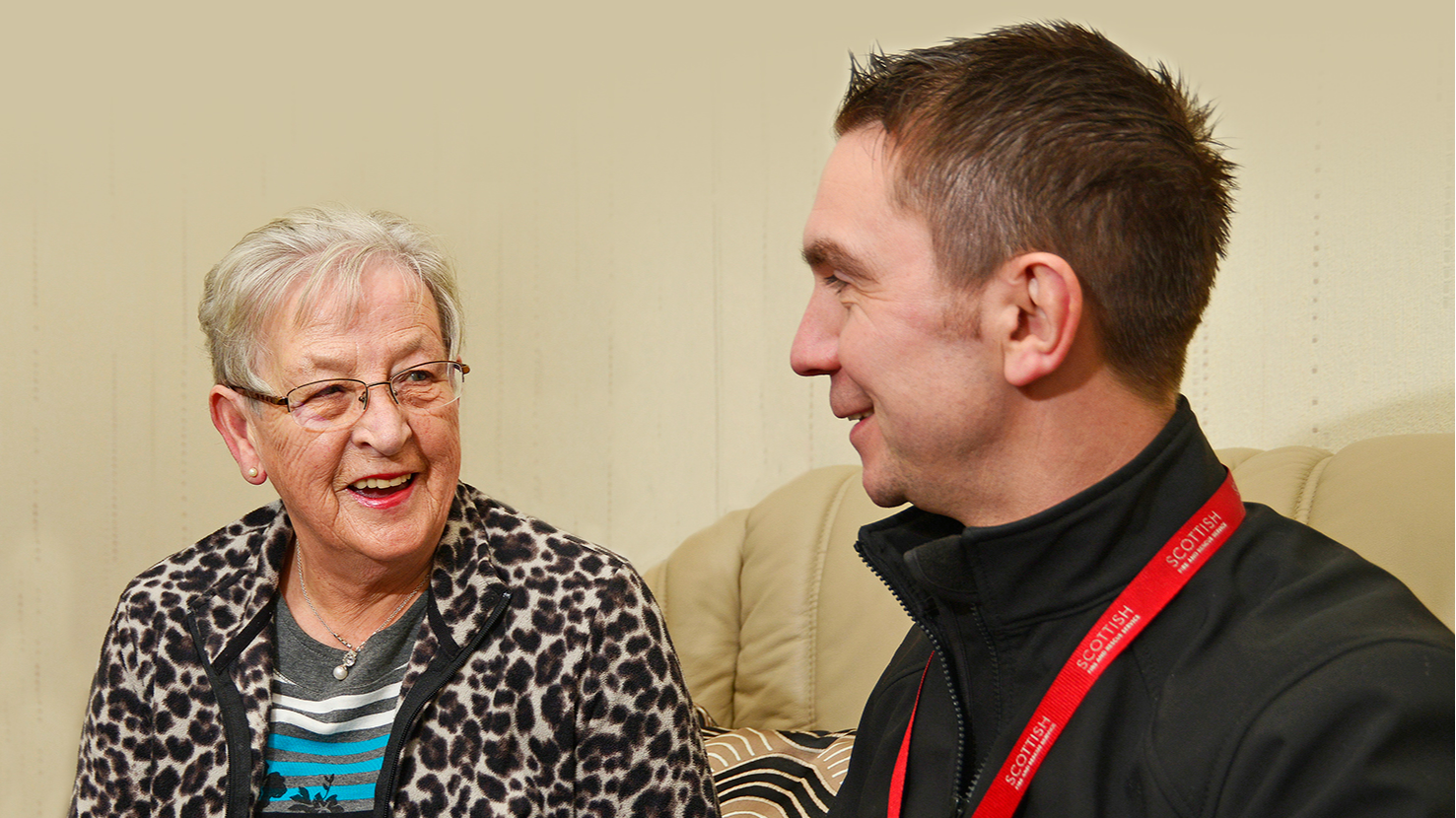
The causes of fire fatalities and serious fire injuries in Scotland and potential solutions to reduce them – Phase 1: IRS review
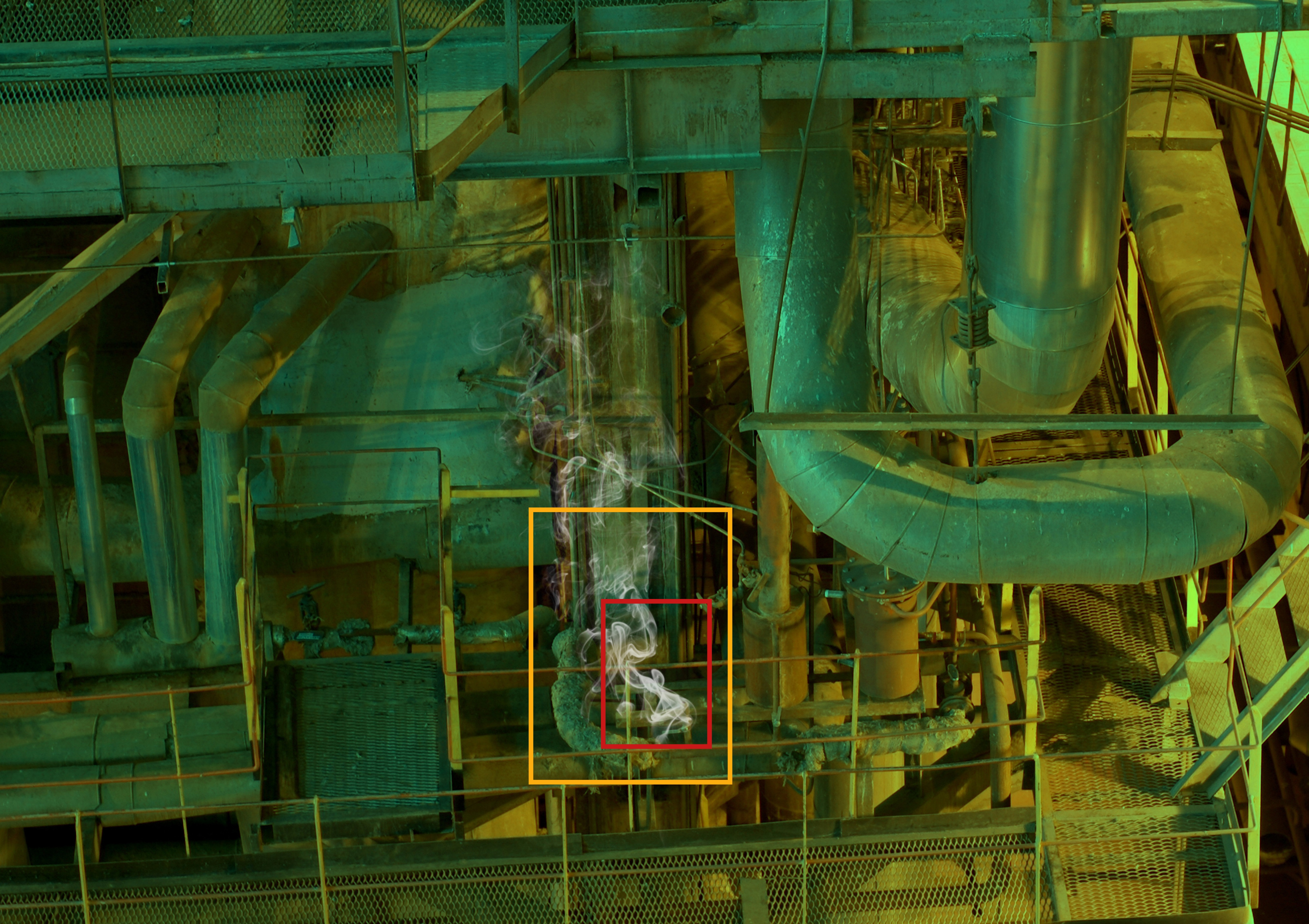
The development of test methods to assess video flame and video smoke detectors
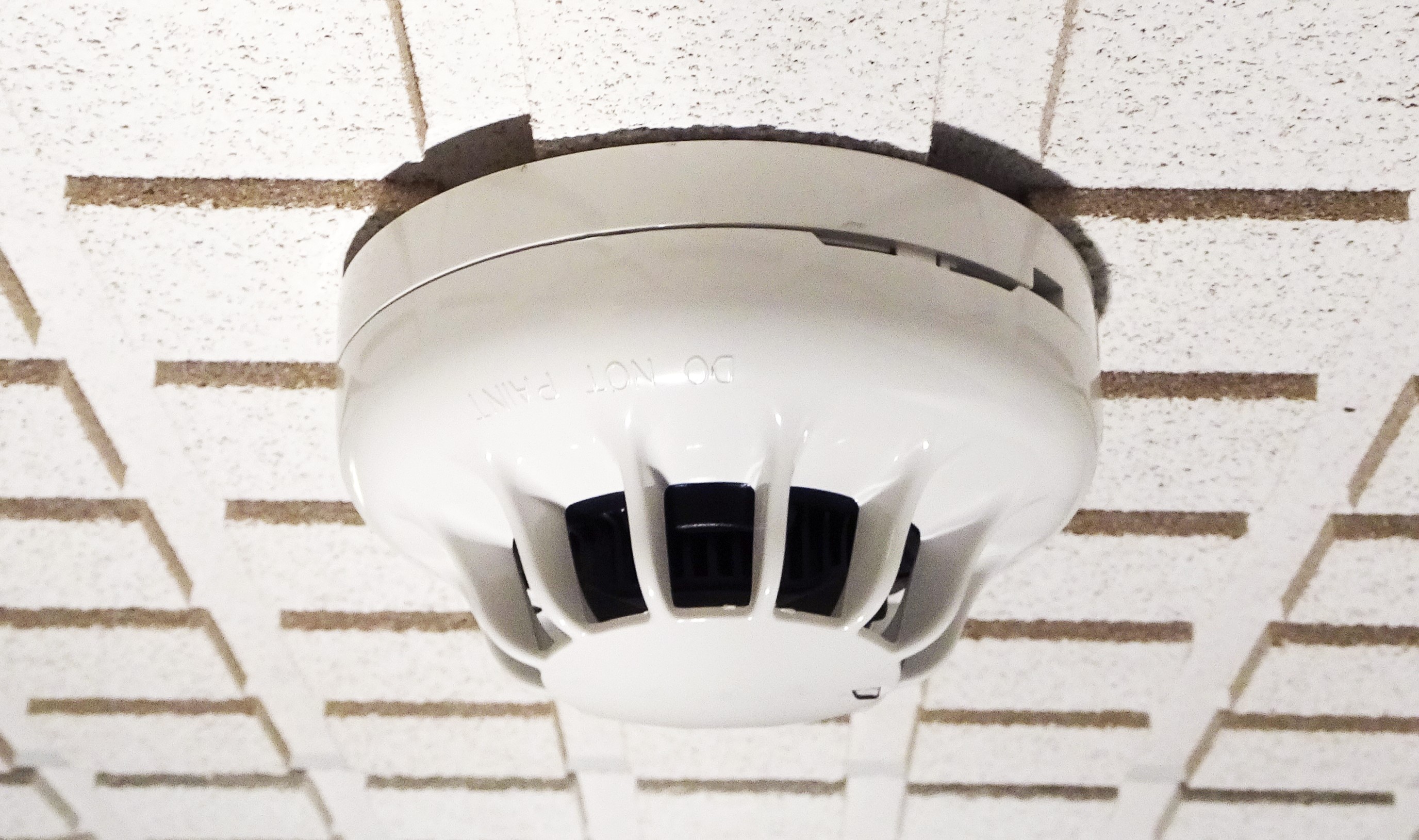
The performance of multi-sensors in fire and false alarm tests
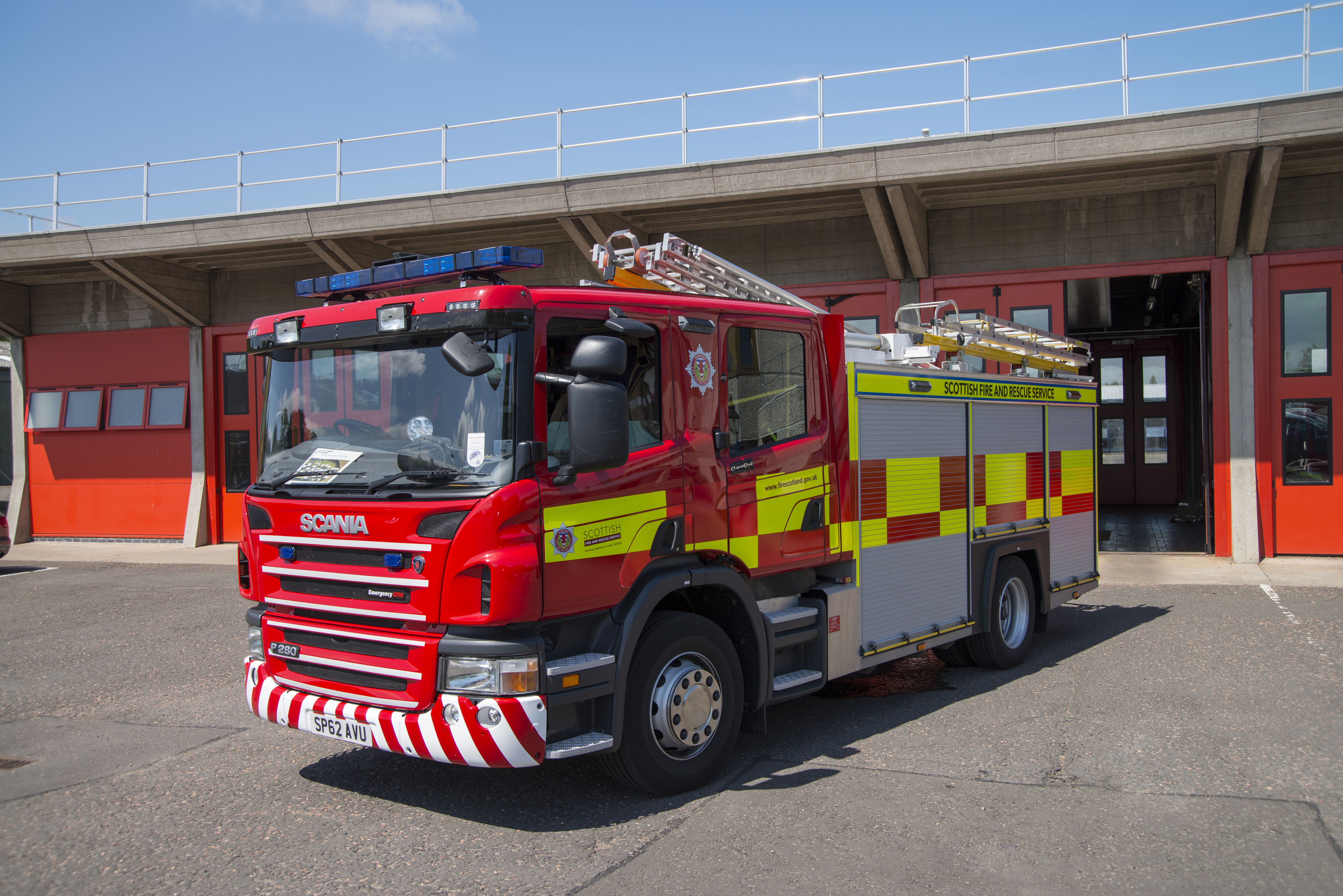
Live investigations of false fire alarms
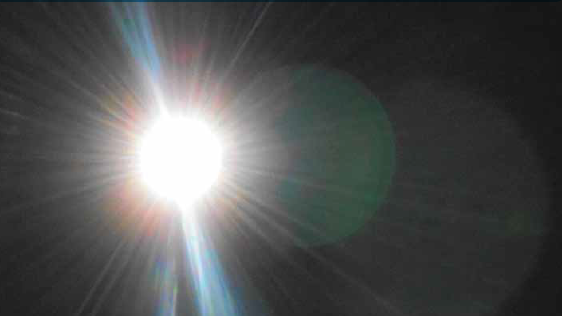
Visual alarm devices - their effectiveness in warning of fire
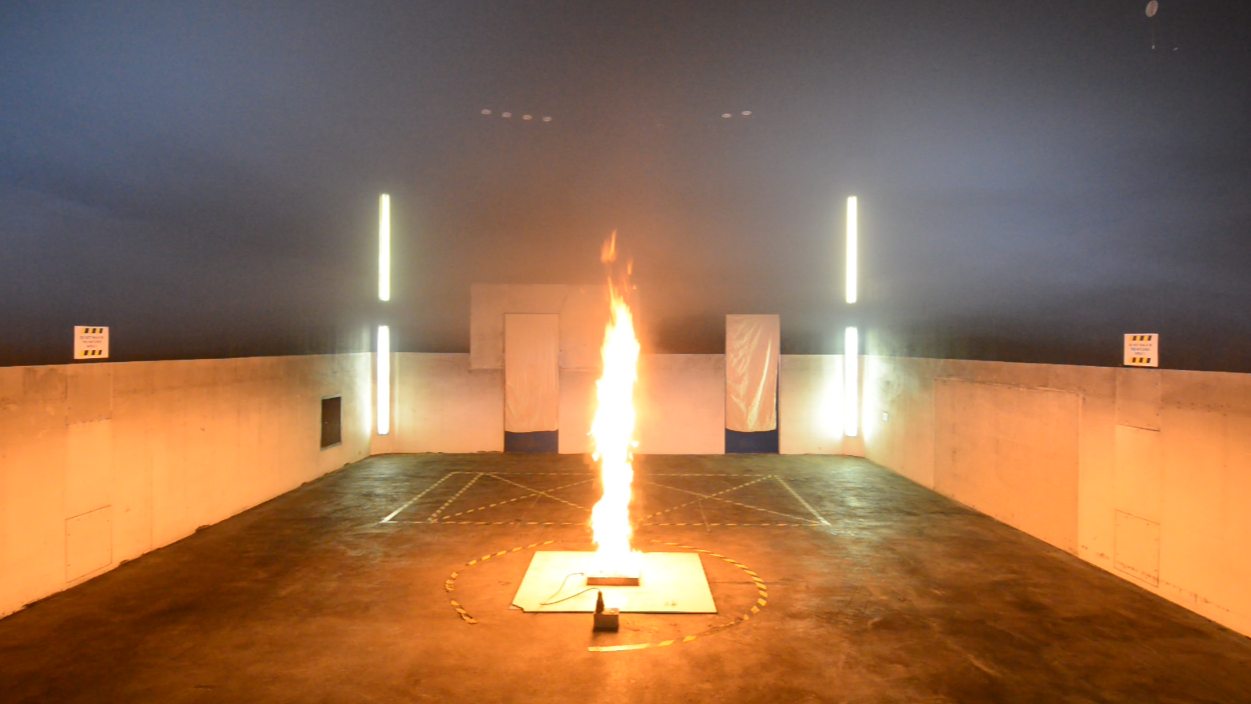
Characterising the smoke produced from modern materials and evaluating smoke detectors
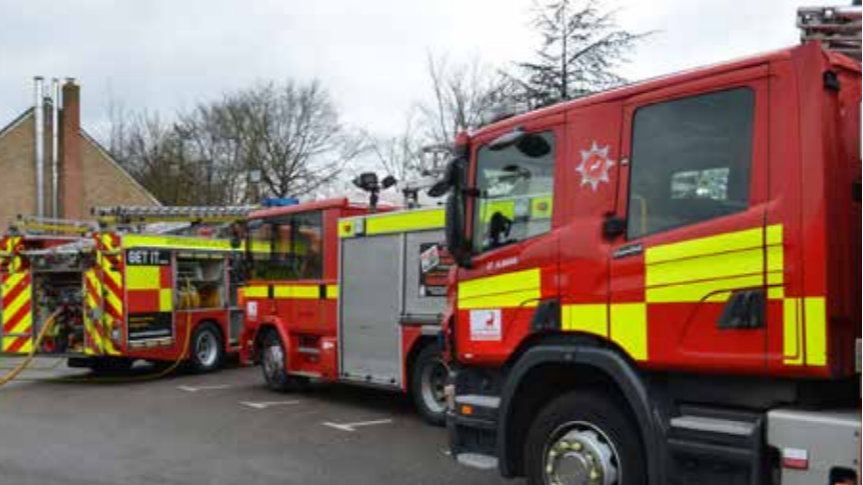
Causes of false fire alarms in buildings
Your feedback
If you have feedback or observations about any of these projects, we would like to hear from you. Please contact us filling out our feedback form.
